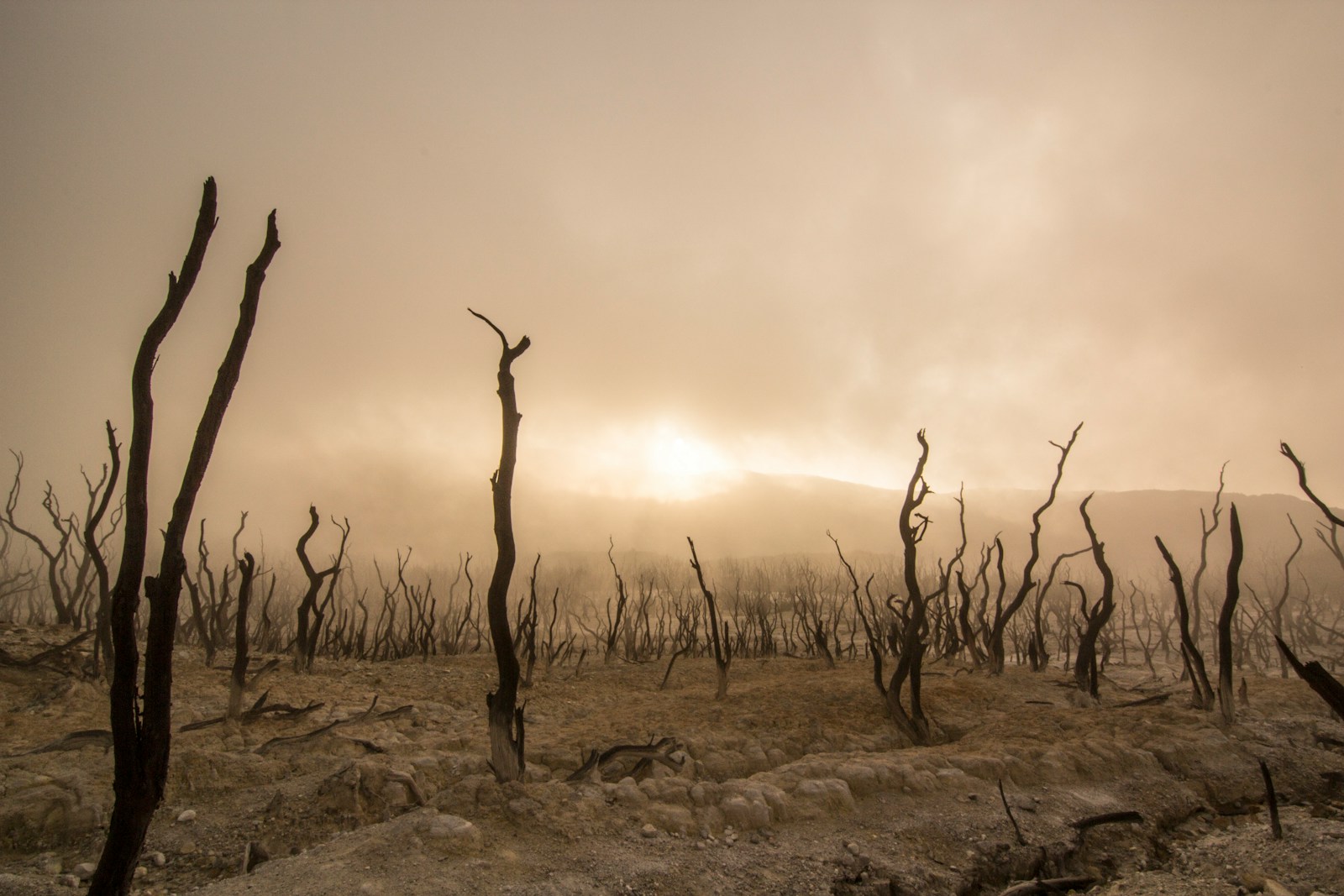Experts lobby International Criminal Court on ecocide and Rome Statute
The movement to add ‘wanton destruction of nature’ to the Rome Statute continues, with prominent lawyers, academics, and politicians now adding to the pressure.
Feedback is in response to a recent consultation held by Karim Khan KC, Chief Prosecutor of the International Criminal Court, on the introduction of new laws to protect nature and wildlife.
The comments received will be used to inform the first draft of a policy paper on how the Rome Statute could address environmental crimes more effectively.
Ecocide is defined as ‘unlawful or wanton acts committed with knowledge that there is a substantial likelihood of severe and either widespread or long-term damage to the environment being caused by those acts’. The Rome Statute focuses on deliberate and systemic harm to humans and protected property but only in contexts of conflict and war. It is now being argued this should extend to the criminalisation of habitat destruction including during peacetime.
Michael Mansfield KC, Laura Mary Clarke OBE, CEO of ClientEarth, crossbench UK peer Baroness Boycott, Finnish Ambassador emeritus Mikko Pyhälä, Vanuatu’s Climate Change and Environment Minister, Ralph Regenvanu, and Co-president of Club of Rome, Sandrine Dixson-Declève, were among the prominent names to provide feedback.
Organisations have also been throwing their weight behind the drive, with US non-profit Avaaz even launching its own petition to establish new ecocide laws globally. This campaign alone garnered 500,000 signatures.
A number of individual states and blocs have already enacted similar laws, including Belgium, while the European Union agreed in November to include crimes ‘comparable to ecocide’ in its revised Environmental Crimes Directive. This means all 27 member states will need to introduce this type of legislation by 2025.
‘I strongly support the inclusion of ecocide in the calendar of international crime. The serious failure to do so in 1998 has been marked by a commensurate increase in climate crimes linked to fire, flood, drought, causing poverty, homelessness, and famine. None of these are covered by existing legislation which is focussed on conditions of war and conflict,’ said Human Rights expert and Head of Nexus Chambers, Michael Mansfield KC.
‘All this poses the biggest threat to our very existence than any other cause. Without criminal sanction and implementation the gradual elimination of our carbon footprint will become a forlorn hope,’ he continued. ‘In 2012, together with Polly Higgins, I mounted a mock ecocide trial at the Supreme Court in London, concerning environmental events at that time, in order to demonstrate how it could work in practice. The events were the Deepwater Horizon oil spill in the Gulf of Mexico and Tar sands extraction development in Canada. The relevant company directors were indicted. One was convicted by the randomly selected jury and the other acquitted.’
The push to inscribe ecocide to the list of international laws comes at a pivotal moment in the climate change era. In February, scientists confirmed that 2023 was the first year in which the world had experienced an average annual temperature rise above pre-industrial levels of more than 1.5C. Last week, Environment Journal reported on Exxon oil boss Darren Woods telling Fortune magazine that the world had waited ‘too long’ to begin working on solutions to the crisis. This is despite years of lobbying against climate scientists and calls to reduce fossil fuel use.
‘Ecocide – in substance if not in name – was included within early drafts of the Rome Statute,’ said Jojo Mehta, Co-founder and CEO of Stop Ecocide International. ‘It is worth reflecting critically upon what may have been different in our world today – the multiple pollution disasters, climate change exacerbation and threats to biodiversity that could have been averted – if it had in fact been included in the final treaty signed in 1998.
‘This public consultation presents a golden opportunity for the Office of the Prosecutor to: acknowledge the need and demand for the recognition of ecocide in international criminal law; recognise the gravity of environmental crimes and their threats to peace, security, and global prosperity and well-being; and recommend the negotiation of a fifth international crime of ecocide. This would establish enforceable environmental protections for people and nature, both in peacetime and in conflict, on Earth and in space, for present and future generations,’ they continued.
In November, Friends of the Earth and two individual claimants launched legal action against the UK Government, demanding a judicial review into the country’s National Adaptation Programme, arguing this does not provide adequate safeguards to save lives in areas of the country worst effected by climate change. Globally, an agreement was made at COP28 to establish a new fund that could help countries on the frontline of the crisis recover from increasingly prevalent and powerful natural disasters, such as the island of Vanuatu, which is under threat from sea level rise and last year was devastated by an unseasonal storm.
‘Vanuatu welcomes the OTP’s renewed commitment to tackling environmental crimes. The unprecedented challenges posed by environmental damage, and hence climate change, must be urgently addressed, and international criminal law can play a key role in ensuring justice for people and nature,’ said Honourable Ralph Regenvanu MP, Climate Change and Environment Minister, Republic of Vanuatu.
‘Vanuatu has long championed the addition of ‘ecocide’ to the Rome Statute as the fifth crime against peace, being the first country to call for its adoption at the ICC in 2019,’ they continued. ‘We reaffirm our support to seeing severe and either widespread or long-term damage to the environment being criminalised at the international level and urge the OTP over the coming months to take into account the ever growing global support for ecocide as a standalone crime in the Rome Statute.’
More on climate change and net zero:
https://environmentjournal.online/climate-change/51-of-ftse-100-now-engaged-in-tree-planting/
Image: Dikaseva

















